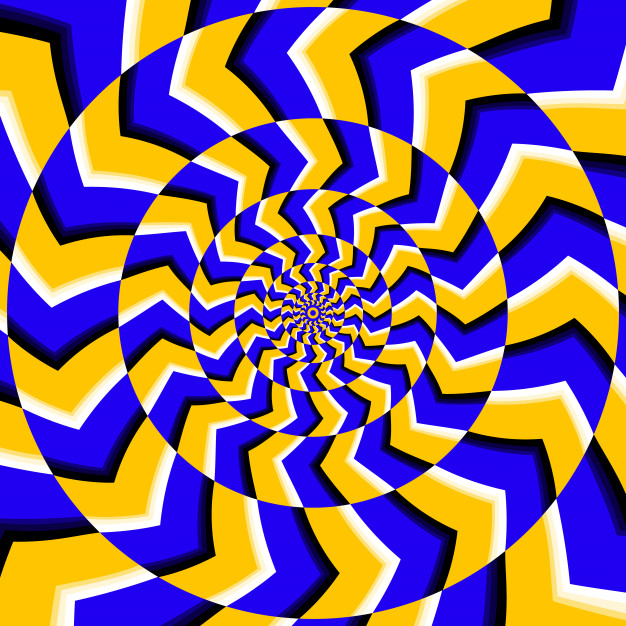
Vertigo is the name of the symptoms and sensations that mimic the feeling of movement. This sensation of movement which feels physically real to the person suffering from vertigo may include the feeling of spinning, a constant rocking or tilting. Some may even feel as though their body is in a state of being dropped. These sensory miscues are caused by problems with the systems in the inner ear that regulate balance.
Vertigo leaves you off-balance and dizzy. Being dizzy or light-headed can be caused by various things. Standing up too quickly, not enough sleep but also more serious health issues can leave you feeling dizzy. Vertigo is not commonly diagnosed and may be brushed aside by many of us. How dangerous is it to avoid the constant symptoms of Vertigo?
Inner Ear infection
An inner ear infection often is inflammation or irritation of the parts of the ear responsible for balance and hearing called labyrinthitis. A true inner ear infection is caused by a virus or bacteria. Most ear infections that affect the outer or middle ear (swimmers ear) are mild and go away within one to two weeks. An inner ear infection can last much longer.
The inner ear helps with our balance and spatial awareness. An infection on the inner ear may cause symptoms of nausea, vomiting, and dizziness, which usually are not symptoms of the more common middle and outer ear infections.
BPPV
These initials stand for Benign Paroxysmal Positional Vertigo (BPPV). BPPV occurs when tiny calcium particles (canaliths) clump up in canals of the inner ear. The inner ear sends signals to the brain about head and body movements relative to gravity. It helps you keep your balance.
BPPV can occur for no known reason and may be associated with age.
Symptoms of Vertigo
Vertigo is often triggered by a change in the position of your head. People with vertigo typically describe it as feeling like they are:
- Spinning
- Tilting
- Swaying
- Unbalanced
- Pulled to one direction
Treatment of Vertigo
Being able to determine whether someone is experiencing vertigo rather than some other form of lightheadedness or disorientation is an important first step to treatment. Speak to a neurologist about your symptoms. They will likely do a physical examination to observe the severity to which your balance issues are affecting you. Vestibular testing may also be called for part of which may include an eye exam. Testing your function during an episode of vertigo is especially helpful so the doctor can observe how you are being affected.
Vestibular rehabilitation
This is a type of physical therapy aimed at helping strengthen the vestibular system. If you experience recurring bouts of vertigo, vestibular rehab is recommended. It helps train your other senses to compensate for vertigo.
Canalith repositioning maneuvers
Guidelines from the American Academy of Neurology recommend a series of specific head and body movements for BPPV. The calcium deposits will be moved by these movements out of the canal into an inner ear chamber, being absorbed by the body. You will likely have vertigo symptoms during the procedure as the canaliths move.
Medicine
Medication may be given to combat a bacterial infection of the inner ear canal. If the symptoms of nausea, dizziness, or motion sickness are severe, medication can be taken to obtain relief.












